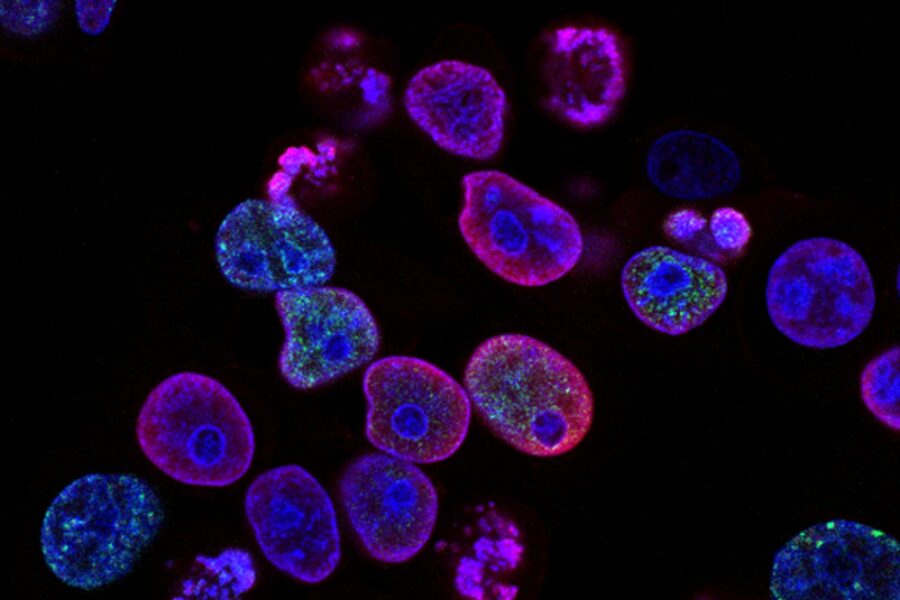Do Depression and Anxiety Increase Your Risk of Cancer?
Do depression and anxiety increase your risk of developing cancer? There’s been a debate in scientific circles as to whether there’s a link between them. A new study offers encouraging data, finding that depression and anxiety do not put you at higher risk of cancer, Neuroscience News reports.
Up until now, experts had suspected that depression and anxiety increase cancer risk – either by affecting behaviors that negatively impact overall health or by having biological effects on the body that could foster the growth of cancer – but results had been inconclusive. Some research had supported an association between the incidence of cancer and depression and anxiety, while other studies had found no (or negligible) associations. A new international study analyzing research from two continents found that depression and anxiety are not linked to higher risks for the majority of cancers.
The study was published online in CANCER, a peer-reviewed journal of the American Cancer Society.
A team led by Lonneke A. van Tuijl, PhD, of the University Medical Center Groningen examined data collected from over 300,000 adults in the Netherlands, the United Kingdom, Norway, and Canada. Their research “found no associations between depression or anxiety and overall, breast, prostate, colorectal, and alcohol-related cancers during a follow-up of up to 26 years.”
Depression and anxiety were linked to a 6% higher risk of developing lung cancer and smoking-related cancers; however, this risk was significantly reduced after other cancer-related risk factors (like smoking, alcohol use, and body mass index) were taken into account.
Their analysis underscores the importance of addressing smoking and other detrimental behaviors that may develop in patients experiencing anxiety and depression.
Read the full article here.
Or read the study for yourself.
Photo by National Cancer Institute on Unsplash



